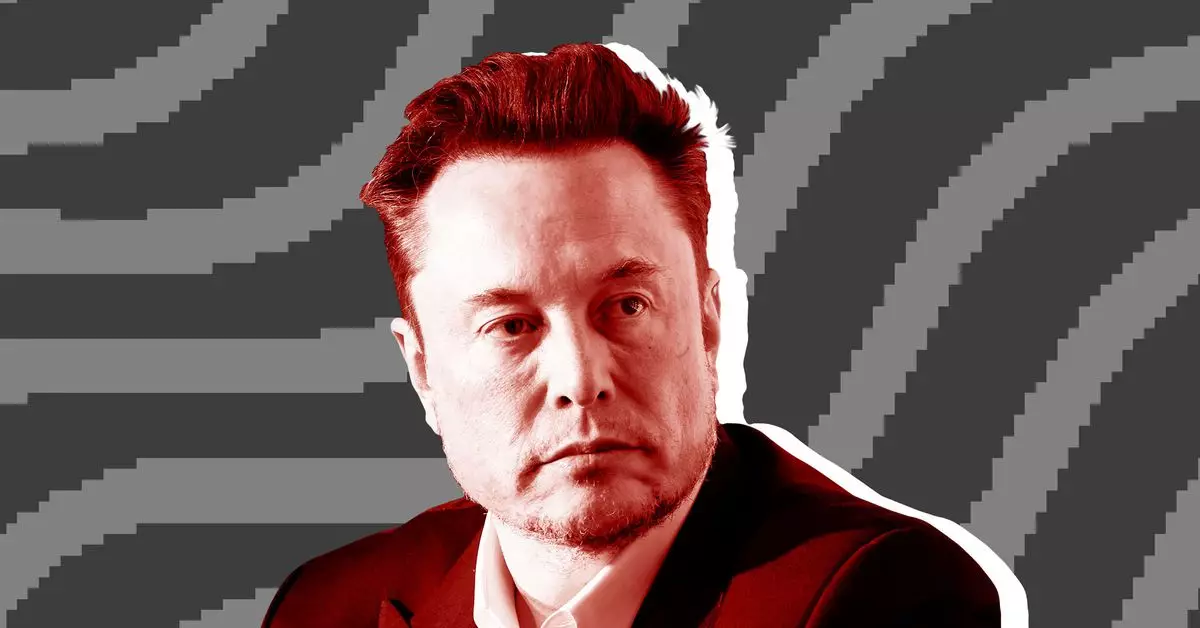In December 2022, the announcement of the Department of Government Efficiency (DOGE), helmed by tech magnates Elon Musk and Vivek Ramaswamy, caught the political sphere off guard. With a name that immediately evokes both humor and skepticism, the initiative promises a seismic shift in governmental operations. But as we dissect this bold venture, it’s imperative to evaluate its feasibility, potential implications, and the broader narrative surrounding efficiency in public administration.
The selection of Musk and Ramaswamy to lead an initiative aimed at reducing bureaucracy reflects both innovation and concern. Musk, known for his pioneering work with companies such as Tesla and SpaceX, brings a track record of disruption to established industries, which might suggest an outsider’s perspective on inefficiency. Ramaswamy, a businessman with political aspirations, adds a layer of familiarity to the script as he continues to promote radical deregulation.
This leadership duo’s reputations precede them; Musk is celebrated for his ambitious visions but criticized for his management style, often deemed chaotic. Meanwhile, Ramaswamy’s rise through political ranks has drawn mixed reviews, with questions surrounding his experience and effectiveness. While it could be argued that their combined backgrounds position them uniquely to confront governmental inefficiency, one must also question whether their business-centered methodologies can translate effectively into the complex realm of public administration.
The goals laid out for the DOGE initiative are clear: eliminate bureaucratic hurdles, dismantle regulations deemed excess, and ultimately overhaul federal agencies to create a more efficient government. Trump’s campaign rhetoric centered around cutting a staggering $2 trillion from the federal budget —a target that feels overly ambitious given the expansive nature of governmental programs such as defense and social security, which Musk has not shied away from discussing.
Musk’s acknowledgment of the potential for “severe short-term financial impacts” reflects a stark contrast to the optimistic vision often portrayed in the tech industry, which is laden with untested hypotheses. The challenge lies in balancing immediate deficits against long-term sustainability. In striving for efficiency, will they inadvertently destabilize essential services? This inquiry opens the door to a forward-thinking discussion on the intricate relationship between efficiency, welfare, and the role of federal programs.
One of the cornerstones of the DOGE initiative is its promise to operate outside traditional government structures, partnering instead with key White House offices and the Office of Management and Budget. This unconventional approach heralds a potential shift in how governmental reforms are proposed and implemented; however, it also introduces worry regarding accountability.
Critics may argue that separating the initiative from established government oversight could lead to oversights or contexts where necessary checks and balances are bypassed. The blending of businesses with public service raises valid concerns: will the entrepreneurial spirit enrich governmental processes, or will it lead to a prioritization of profit over the public good?
Musk’s vision of approaching government with an entrepreneurial mindset may resonate with those frustrated by bureaucratic inertia, but the reality of blending corporate methodologies with public responsibilities merits scrutiny. Public service isn’t merely about efficiency; it requires a nuanced understanding of societal needs and ethical dimensions that can easily be overlooked in a rush for productivity.
Should DOGE succeed in its ambitious goals, the ramifications could be widespread. Beyond the immediate effects on budget allocation, the new policies could reshape the public’s perception of government efficiency versus accountability. Advocates of the initiative argue that a streamlined government could enhance service delivery and citizen engagement, increasing public trust. Conversely, the push against regulations might also lead to a diminishing of standards that safeguard public interests.
As the initiative’s timeline looms towards a July 4, 2026 deadline, the pressure mounts on Musk and Ramaswamy to deliver tangible results. Their success—or failure—could serve as a benchmark for the future of government innovation and reform movements across the globe.
Ultimately, the DOGE initiative embodies a profound experiment in governance, marrying technology and public policy in a time of national ideological schisms. As this initiative unfolds, its outcomes will warrant close attention from both public advocates and critics alike, revealing much about the relationship between technology-driven efficiency and traditional public service ethos.

